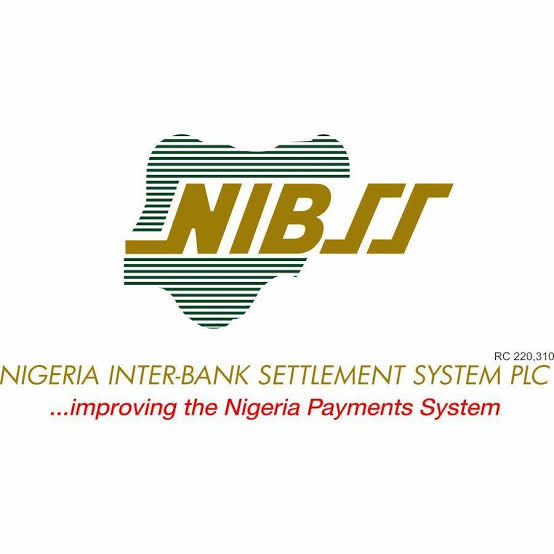Cashless transactions in Nigeria rose by 40.66 per cent year-on-year to N210.08 trillion in the first seven months of 2022, according to data from the Nigeria Inter-Bank Settlement System, NIBSS.
From January to July 2022, N210.08tn was processed on the Nigeria Instant Payment System (NIP) and Point of Sales terminals (PoS), which explain how cashless transactions are monitored on the NIBSS.
This is N60.73tn higher than the N149.36tn value in the corresponding period of 2021.
In the period under review, NIP transactions hit N205.48tn, which is N59.68tn higher than the N145.79tn value in the corresponding period of 2021.
Also, PoS transactions grew by N1.05tn, from N3.56tn in the first seven months of 2022 to N4.61tn in the corresponding period of 2021.
The data from the NIBSS also suggested increased usage of electronic payment gateways as the NIP and PoS terminals were used 1 billion more times from January to July 2022 than they were used in the corresponding period of 2021.
The two payment terminals were use 3.41 billion times in the period under review and 2.40 billion times in the corresponding period of 2021.
Electronic payment gateways have witnessed a surge in uptake since the outset of the COVID-19 pandemic. The pandemic increased contactless transactions and dealings.
In its ‘Instant Payments – 2020 Annual Statistics’, the NIBSS asserted that the pandemic had changed the e-Payments landscape and accelerated the adoption of instant payments because more people were using electronic channels for funds exchange.
This is in line with the Central Bank of Nigeria’s plan to migrate the nation’s economy from cash-based to electronic-based.
In its ‘Why The Central Bank of Nigeria made the Cash-less Policy,’ document, the CBN disclosed, “Our economy uses too much cash for transactions for goods and services, especially for buying and selling.
“This is not how it is done in other progressive countries of the world where there are other payment options like; debit and credit cards, bank transfers, bank direct debits, Automated Teller Machines, and even mobile phone money.
“These achievements have been brought about by the changing needs of their people, competition among banks, and other companies, including changes in technology. Our major focus is to increase the volume of all available payments instruments in Nigeria.”
The National President, Association of Mobile Money Agents in Nigeria, Victor Olojo, noted, “COVID contributed to the growth of electronic payment.
“It taught us many ways of doing things differently. For things we thought needed a second party to carry out, COVID has shown us that we can do them by ourselves. COVID helped the adoption of this channel. Many people would rather before now go to the bank to make some payments, but these days, people use e-channels.”
According to the Head, Corporate Communications, NIBBS, Lilian Phido, more people were accepting the payment gateways and the platforms had become more stable and reliable.
Customers are not the only ones noticing the growth of electronic payment in Nigeria. The Federal Government introduced an Electronic Money Transfer Levy in the Finance Act of 2020 to benefit from the growth of e-payment in the nation.
The EMTL is a single, one-off payment of N50 on electronic receipt or transfer of money deposited in any deposit money bank or financial institution on sums of N10,000 and above. In 2021, the government made N111.84bn from the levy.
It also has a projection of N483.73bn from the levy in the next three.
Source PUNCH













